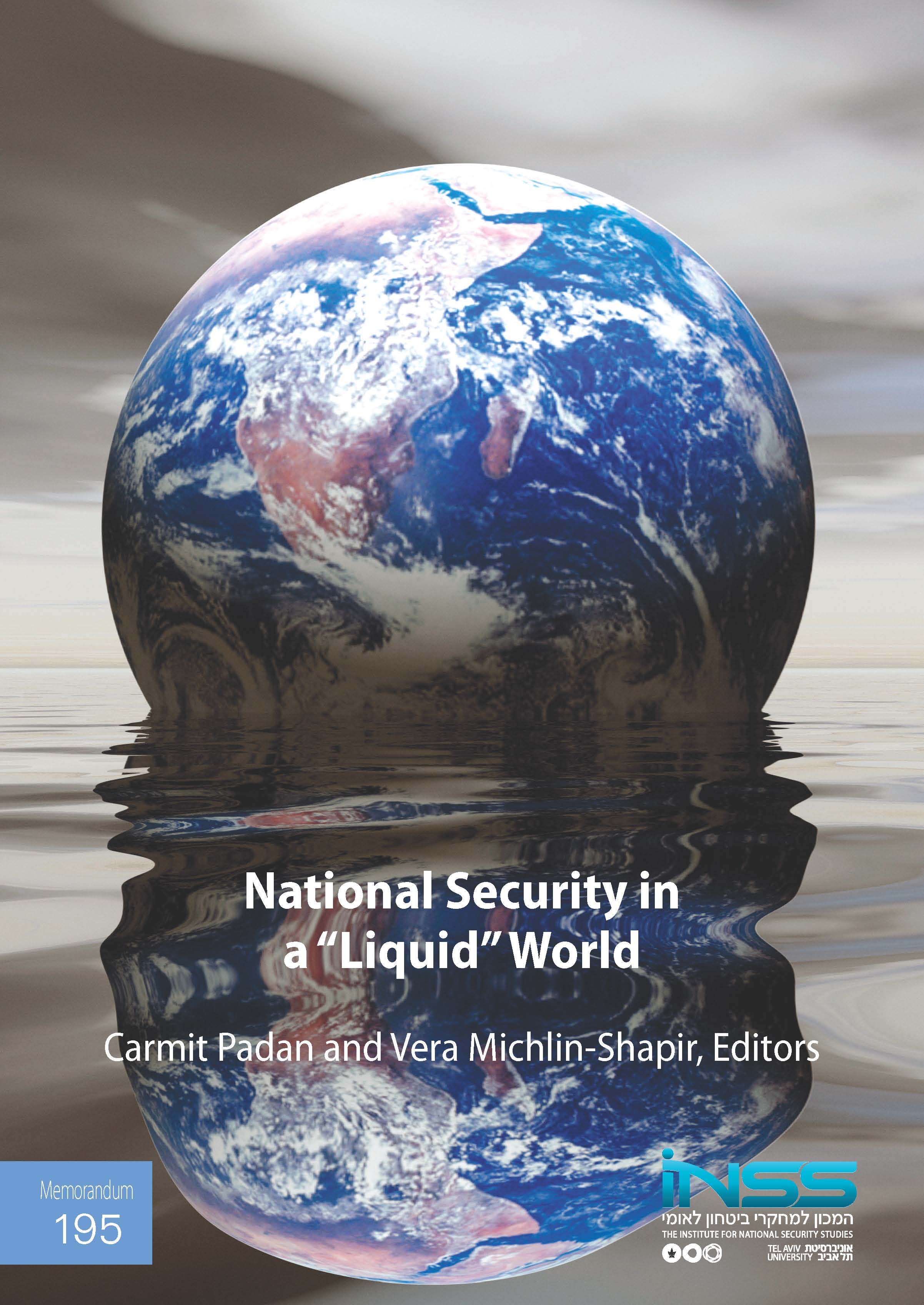Publications
Memorandum No. 195, INSS, October 2019

In the last few decades, interest has increased in ethnic diasporas and their influence on conflicts and peace processes in the countries or regions from where they came. Although studies show that the impact of ethnic diasporas varies in different conflicts and at various times, there is sufficient evidence suggesting that a diaspora community can have a significant role. Research indicates that the existence of a large diaspora in the West can feed a conflict and exacerbate it (inter alia, by providing finance, supplying weapons, and by sending volunteers to participate in the fighting) but can also mitigate it (for example, through unofficial contact between diaspora representatives of the warring factions). The aim of this article is to examine the way that conflict in the country of origin influences diasporas, and more specifically how renewed flareups affect them. The innovation here is the emphasis on the period of renewed flare-ups as the time frame examined and on the changes within the diaspora itself, as a result of the developments in the homeland. The article discusses aspects of the diaspora community’s identity, the sense of personal safety vis-à-vis rival diaspora communities, and the significance of the arrival of a new wave of migrants fleeing the conflict zone in the country of origin. Examining the diaspora is important as changes within it may serve as a yardstick for how the diaspora will continue to affect the conflict in the future. The article’s case study is the ethnic Kurdish community in Germany and the renewed round of violence between Turkey and members of its Kurdish minority in 2015.


